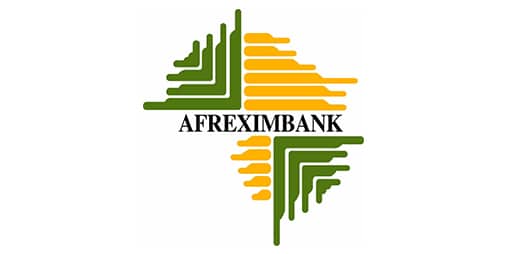Dr Benedict Oramah, President of the African Export-Import Bank (Afreximbank), has urged African leaders to use migrant resources, which has amounted to more than $110 billion, to fund key infrastructure deficit.
Oramah gave the advice at the Frontier 100 Forum in Washington D.C., according to a statement issued in Lagos on Saturday by Mr Obi Emekekwue, the bank’s Head of Corporate Communications and Event Management.
The forum was organised by the Initiative for Global Development.
Oramah said that the resources, composed of $53 billion savings and $63 billion annual remittances, were in excess of Africa’s annual infrastructure financing requirements, currently estimated at about $93 billion.
He noted that since early 2000s, migrant remittances became the most important source of foreign currency inflows for many African countries and had become more important than foreign direct investment (FDI).
“In Nigeria, migrant remittances, at about $20 billion in 2015, were about four times the size of FDI inflows and about 20 per cent of merchandise export receipts in that year.
“Similarly in Egypt, migrant remittances represent some 72 per cent of export earnings and four times the size of FDI inflows.
“In relatively smaller economies such as Cape Verde, Comoros, The Gambia, and Sao Tome and Principe, migrant remittances are at least twice the size of the value of export earnings,” Oramah said.
He regretted that many governments were yet to put in place policies and programmes to effectively harness the significant benefits offered by the Diaspora.
The bank chief urged African countries to learn from the experience of countries such as the Philippines, Israel, Bangladesh, India, and Mexico which had robust programmes to improve Diaspora participation in national economic activities.
According to Oramah, the Philippines allows its citizens to enroll in or continue their social security coverage while abroad, while workers are free to continue contributing to the Home Development Mutual Fund.
The president said that Afreximbank had integrated the Diaspora in its intra-African Trade Strategy, given the Diaspora’s size and importance.
According to him, that strategy regarded the Diaspora as the 56th African State.
Oramah said that Afreximbank was in discussions with New York University to collaborate on a major study to estimate the size of the African Diaspora economy and identify leading activities.
He said that the discussion was also aimed at establishing supply chains for African ethnic goods and the size of the market for such goods, as well as ascertain the financing needs of Diaspora businesses, among others.
He said that the bank would soon initiate quality certification centres across Africa in order to facilitate export of certain goods from Africa to the Africans in the Diaspora as a way of boosting trade.
The News Agency of Nigeria (NAN) reports that Afreximbank is the foremost pan-African multilateral financial institution devoted to financing and promoting intra and extra African trade.
The bank was established in October 1993 by African governments, African private and institutional investors, and non-African investors
Since 1994, it has approved more than $51 billion in credit facilities for African businesses, including about $10.3 billion in 2016.
Afreximbank had total assets of $11.7 billion as at Dec. 31, 2016, and is rated BBB+ (GCR), Baa1 (Moody’s), and BBB- (Fitch). The bank is headquartered in Cairo



Leave a Reply